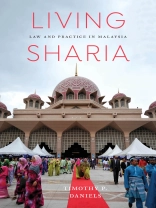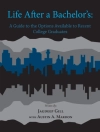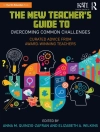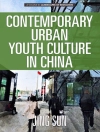Drawing on ethnographic research, Living Sharia examines the role of sharia in the sociopolitical processes of contemporary Malaysia. The book traces the contested implementation of Islamic family and criminal laws and sharia economics to provide cultural frameworks for understanding sharia among Muslims and non-Muslims. Timothy Daniels explores how the way people think about sharia is often entangled with notions about race, gender equality, nationhood, liberal pluralism, citizenship, and universal human rights. He reveals that Malaysians’ ideas about sharia are not isolated from—nor always opposed to—liberal pluralism and secularism.
Living Sharia will be of interest to scholars as well as to policy makers, consultants, and professionals working with global NGOs.
Cuprins
Acknowledgments
Note on Transcription
Chronology
Introduction: Sharia and the Anthropology of Knowledge
1. Sharia in Malaysia: The Historical Background
2. Family Law: Religious Officials, Reasoning Style, and Controversies
3. Criminal Law: Taking the Middle
Road
4. Economics: The Malaysian State, Darul Arqam, and the Islamic Party of Malaysia
5. Pro-Sharia Discourses: Race, Religion, and Nation
6. Contra-Sharia Discourses: Islamic and Secular Human Rights
7. Individuals: Views, Voices, and Practices
Conclusion: Sharia Cultural Models and Sociopolitical
Projects
Notes
Glossary
References
Index
Despre autor
Vincente L. Rafael is the Giovanni and Anne Costigan Endowed Professor of History at the University of Washington. He is the author of Motherless Tongues: The Insurgency of Language Amid Wars of Translation (Duke University Press, 2016), The Promise of the Foreign: Nationalism and the Technics of Translation in the Spanish Philippines (Duke University Press, 2005), and several other books.












